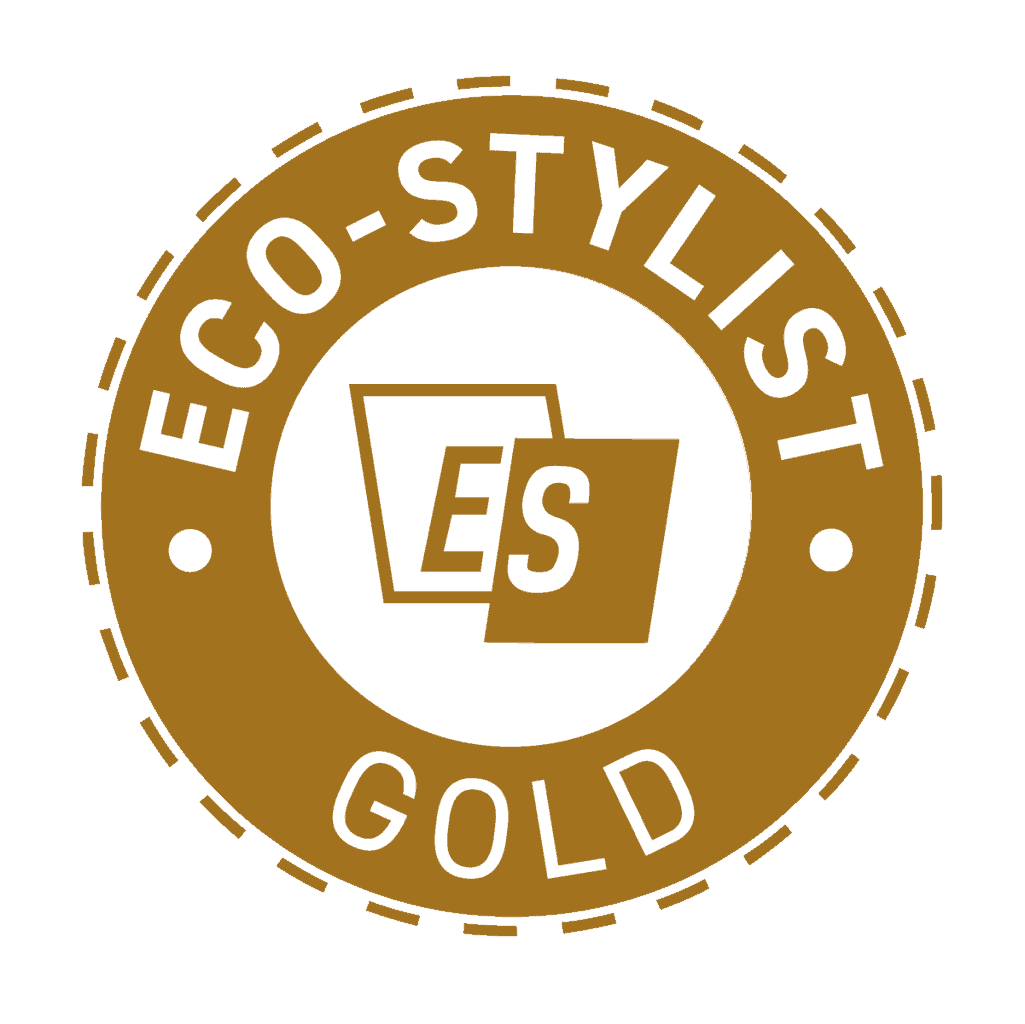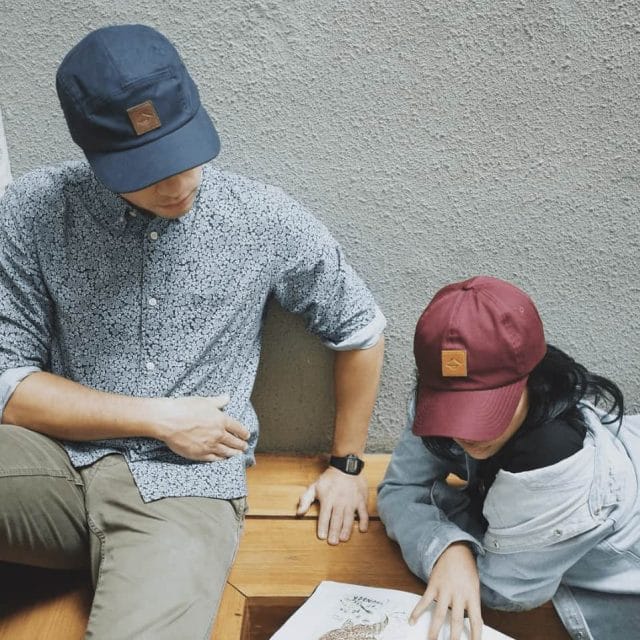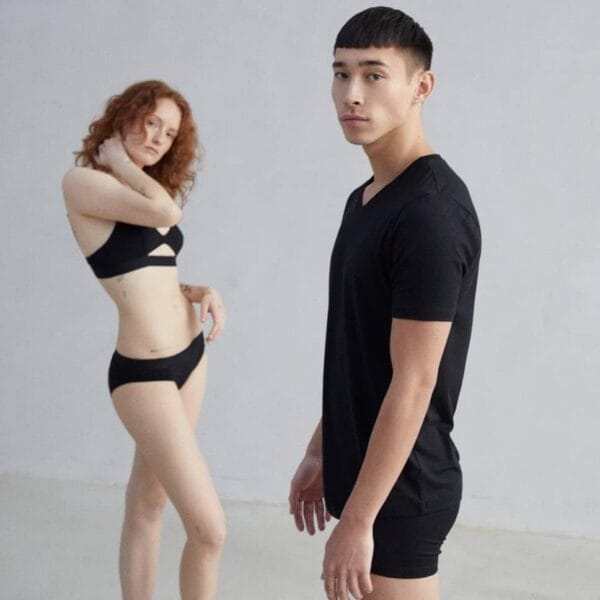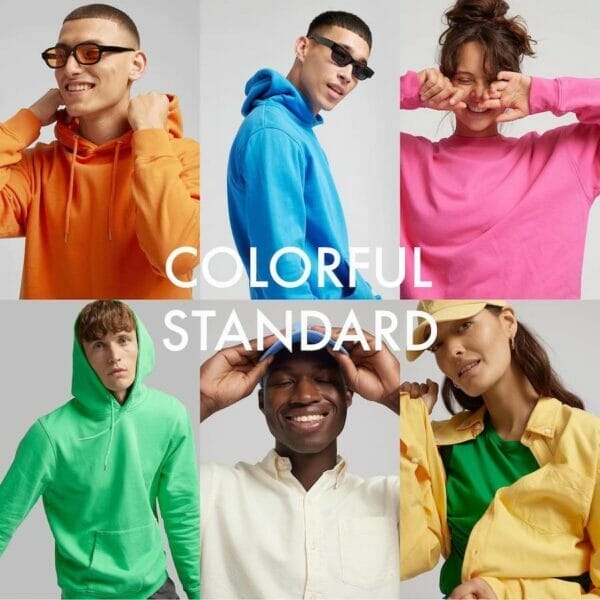
All hats are ethically made in Indonesia! Topiku, a B-Corp certified brand, offers a casual baseball cap made entirely from waste materials. They offer individual orders and custom orders for businesses.
Topiku
All hats are ethically made in Indonesia! Topiku, a B-Corp certified brand, offers a casual baseball cap made entirely from waste materials. They offer individual orders and custom orders for businesses.
Transparency
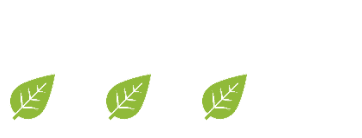
- All Topiku hats are made in the village of Desa Rahayu in Indonesia, in what are called local home industries.
- Topiku’s sewers can work in the comfort of their own home which reduces risks that come with sweatshops.
- Topiku lists where they source materials, which ranges from HDPE plastic collected by local trash-pickers to offcuts and leftover fabrics from brands that are also local. The cotton twill sourced from a curtain company’s deadstock is GOTS certified.
- The brand lists the names of manufacturers that they source raw materials like leather from, which are all within Indonesia, thus, keeping their supply chain relatively short and local.
Fair Labor

- Topiku achieved a perfect score on their Fair Labor performance.
- Topiku has a Code of Conduct that mentions Topiku’s strict site assessment requirements.
- Topiku is highly aware of modern slavery and has a modern anti-slavery policy statement on their website that highlights the dangers of modern slavery and how to report it. They also have resources for workers to call if they feel abused or mistreated in the workplace.
- Topiku requires their vendors and suppliers to offer overtime pay, benefits, and paid leave that must meet or exceed legal minimum, industry standards, or collective bargaining agreements based on whichever standard is higher.
Sustainably Made
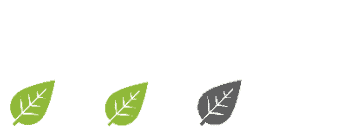
- Topiku measures and reports their carbon emissions and have worked to significantly offset their carbon emissions over the last three years.
- Topiku works to reduce energy usage, and only 21.5% of CO2 emissions actually come from end of life, production, and material acquisition.
- Topiku’s goal is for no additional textiles or plastics to return to the landfill, as anything that is not used can be broken down again and reused. Leftover materials are put back in the cycle to be potentially used later. They make no new materials, and instead source from other company’s deadstock or off-cuts.
- To improve their Sustainably Made score, Topiku could disclose the water usage for the manufacturing of their products.
